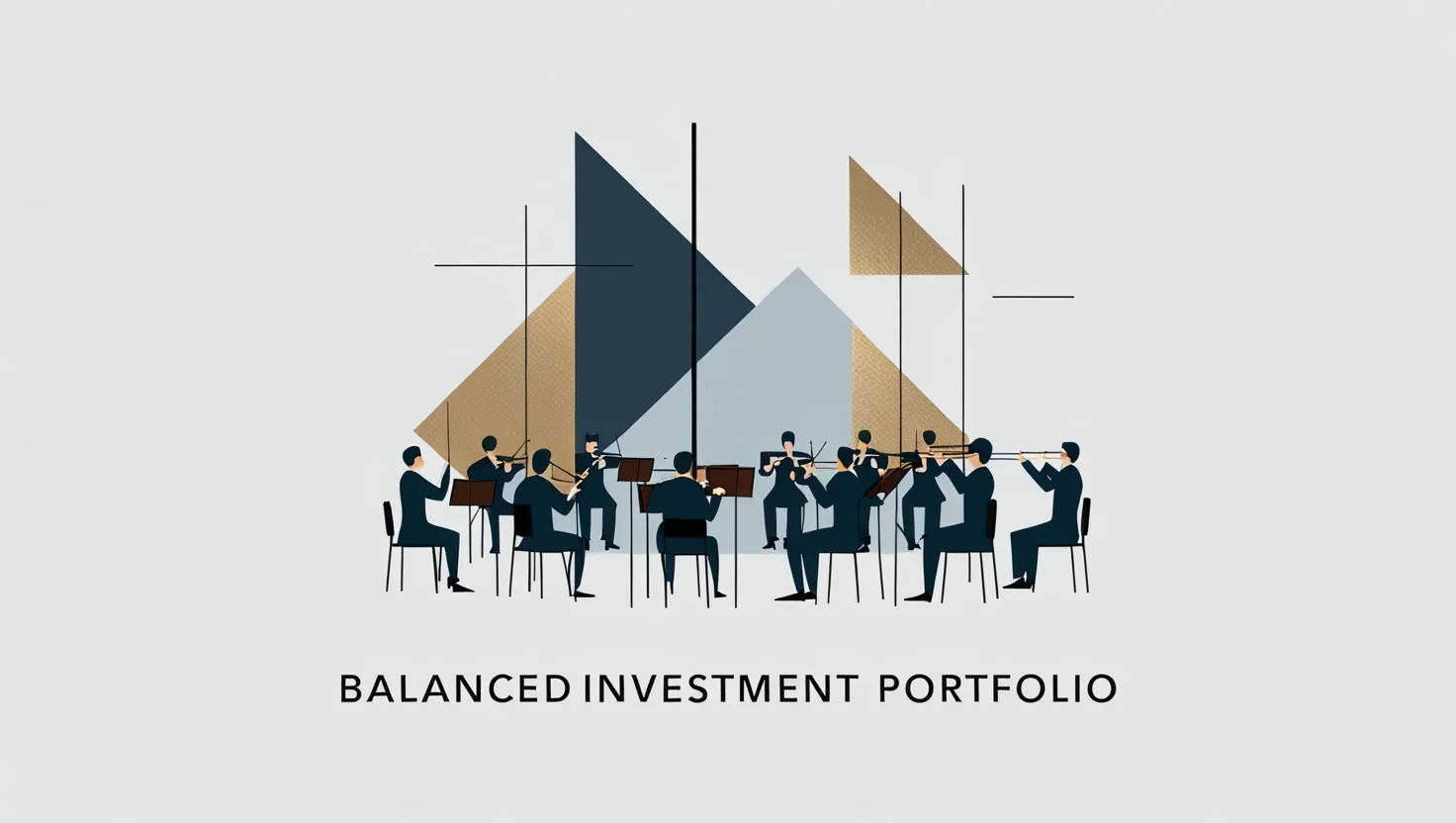Treasure Hunting in the Stock Market: Uncovering Hidden Gems
Ever feel like you're missing out on the next big thing in the stock market? Well, buckle up because we're about to embark on a treasure hunt for undervalued stocks. It's like finding a designer bag at a thrift store price – exciting, right?
So, what's the deal with undervalued stocks? Picture this: a company that's worth way more than its price tag suggests. It's like spotting a diamond in the rough. These stocks are basically sleeping giants, waiting for smart investors to wake them up.
Now, before we dive in, let's get one thing straight – finding these hidden gems isn't about having a crystal ball or some secret formula. It's about rolling up your sleeves and doing some good old-fashioned detective work.
First things first, we need to talk about intrinsic value. Don't let the fancy term scare you off. It's just a way of saying what a company is really worth when you look at the whole picture – its assets, what it owes, and how much cash it might rake in down the road. Think of it as the company's true self, beyond what the market says it's worth right now.
Here's where it gets juicy. If you figure out a stock is worth $150, but it's selling for $100, you've just stumbled upon an undervalued stock. It's like finding a $50 bill in your old jeans – sweet!
Now, let's talk about how to spot these bargains. One way is to look at financial ratios. Don't worry, you don't need to be a math whiz for this. These ratios are like clues in our treasure hunt.
Take the Price-to-Earnings ratio, or P/E for short. It's like asking, "How much am I paying for each dollar this company earns?" If you're paying less than what others are paying for similar companies, you might be onto something good.
Then there's the Price-to-Book ratio. This one's like comparing the price tag to the company's piggy bank. If the ratio is lower than what's normal for that industry, it could be a steal.
And don't forget about Return on Equity. This tells you how good the company is at making money from what it owns. If it's cranking out profits better than most, that's a good sign.
But wait, there's more! Cash is king, right? Well, in the stock market, it's no different. Look for companies that are swimming in cash. They're like that friend who always seems to have money for everything – they're doing something right.
And speaking of cash, let's talk dividends. If a company is handing out fat checks to its shareholders and still has money left over, that's a pretty good sign it's in great shape.
Now, here's a pro tip: don't just look at the company by itself. Check out its competition too. It's like comparison shopping. If your company looks just as good (or better) than its rivals but is selling for less, you might have just struck gold.
Want to make your hunt easier? Use a stock screener. It's like having a metal detector at the beach – it helps you zero in on the good stuff faster.
But here's the thing – finding a potentially undervalued stock is just the beginning. Now you've got to play detective. Dig into the company's business. What do they do? How do they make money? Are they good at what they do? It's like getting to know someone before you decide to date them – you want to make sure they're the real deal.
And while you're at it, check out their financial health. Are they drowning in debt, or are they sitting pretty? You want a company that's not just surviving, but thriving.
Now, let's talk about the future. Try to imagine where this company might be in a few years. Are they in an industry that's booming? Do they have plans to grow? It's like planting a tree – you want to make sure it has room to grow and flourish.
Let me give you a real-world example. Imagine you're looking at a retail company. You find out it's selling for 10 times its earnings, while similar companies are going for 15 times. Plus, it's making more money from what it owns than its competitors. Oh, and it's paying out a juicy 8% dividend when others are only offering 5%.
You dig deeper and find out this company has a solid business plan, isn't drowning in debt, and has been growing steadily for years. After crunching some numbers, you figure the stock should be worth $20, but it's only selling for $15.
Congratulations! You've just found an undervalued stock. It's like finding a $20 bill when you were only expecting to find $15.
Now, don't get me wrong – finding undervalued stocks isn't a guaranteed way to get rich quick. It takes patience, research, and a bit of gut instinct. But when you do find one, it's like striking oil in your backyard.
Remember, the stock market is a bit like a popularity contest. Sometimes, great companies get overlooked because they're not the coolest kids on the block. That's where you come in. By doing your homework and thinking for yourself, you can spot these wallflowers before they become the belle of the ball.
So, next time you're looking at stocks, don't just go for the ones everyone's talking about. Look for the quiet achievers, the ones that are doing great things but not getting the recognition they deserve. They might just be the next big thing.
And hey, even if you don't become the next Warren Buffett overnight, learning to spot undervalued stocks will make you a smarter, more savvy investor. It's like developing a superpower – you'll start seeing opportunities where others just see numbers.
So, are you ready to start your treasure hunt? Remember, the best treasures are often hidden in plain sight. Happy hunting, and may your portfolio be filled with hidden gems!






